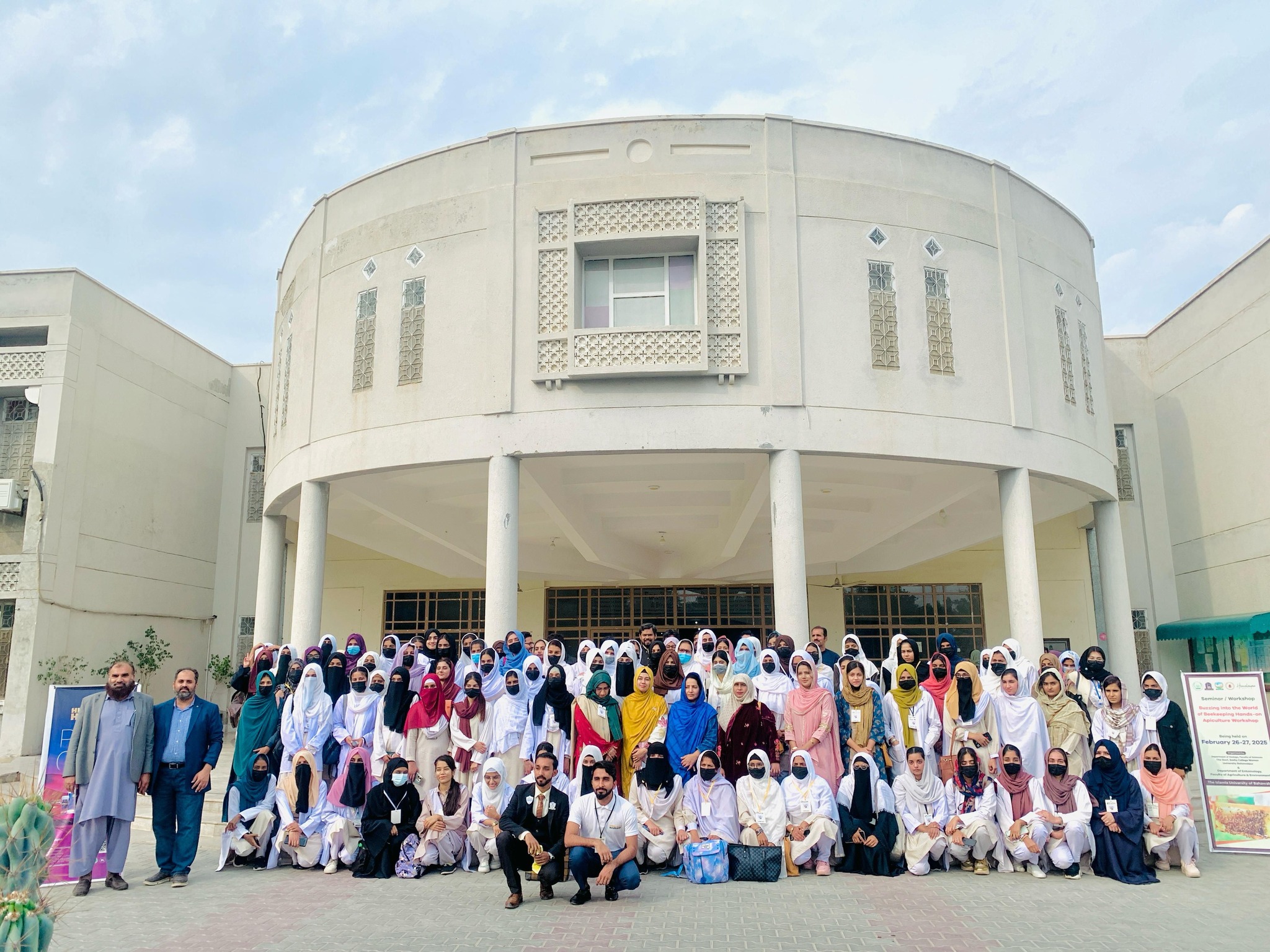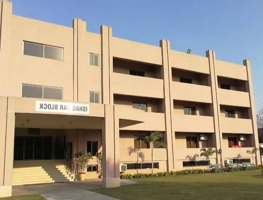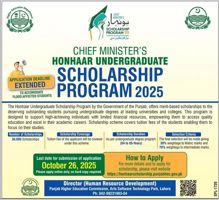
The Islamia University of Bahawalpur (IUB) has initiated a two-day training workshop aimed at uplifting its academic standards in line with global educational frameworks. The event, organized by the Quality Enhancement Cell (QEC) of the university, focuses on the Outcome-Based Education (OBE) framework, a modern teaching model that emphasizes clear objectives, measurable outcomes, and international academic quality benchmarks.
The workshop officially began on Tuesday with the active participation of faculty members, deans, and heads of departments from across the university. The primary objective of this initiative is to integrate international quality education standards into the university’s teaching and learning systems, ensuring that students receive impactful and globally competitive education.
Vice Chancellor Highlights the Importance of Outcome-Based Education
On the opening day, Vice Chancellor Professor Dr. Muhammad Kamran delivered two comprehensive lectures. He drew comparisons between traditional teaching methods and results-driven educational programs, emphasizing how OBE ensures long-term learning outcomes instead of short-term memorization.
According to Dr. Kamran, outcome-based education aligns with the latest global trends and the Higher Education Commission (HEC) standards in Pakistan. He elaborated that universities must adopt purposeful and student-centered teaching strategies if they aim to be recognized on the global stage.
In his second lecture, Dr. Kamran discussed emerging trends in modern pedagogy, highlighting that the focus should be on preparing students for real-world challenges by equipping them with practical knowledge, analytical skills, and problem-solving abilities. “The ultimate goal of teaching is not just the transfer of information, but the creation of meaningful learning experiences that shape the future of our students,” he added.
Lectures on Bloom’s Taxonomy and OBE Framework
The third session was led by Engineer Dr. Shahab Ahmad Niazi, Chairman of the Department of Electronics Engineering at IUB. He delivered an in-depth lecture on Bloom’s Taxonomy and its application within the Outcome-Based Education model. Dr. Niazi explained how Bloom’s Taxonomy serves as a framework to classify educational goals, ranging from basic knowledge acquisition to higher-order critical thinking and problem-solving skills.
He further emphasized that universities adopting the OBE framework can produce graduates who are not only academically strong but also ready to compete in global industries and research sectors.
Director QEC Stresses Vision for International Standards
Professor Dr. Muhammad Asadullah Madni, Director of the Quality Enhancement Cell, also addressed the participants. He stated that the workshop was organized under the special guidance of the Vice Chancellor to equip all deans and departmental heads with modern teaching methodologies at the very beginning of the new academic session.
Dr. Madni highlighted that the ultimate vision of IUB is to transform its teaching and assessment practices in accordance with international standards, thereby improving the overall academic quality and ensuring that students benefit from world-class education. “Our mission is to integrate modern teaching trends into the curriculum and learning environment, making IUB a benchmark for academic excellence in Pakistan,” he remarked.
Significance of the Workshop for IUB’s Academic Future
The two-day training workshop is considered a landmark initiative for the Islamia University of Bahawalpur. By prioritizing the adoption of Outcome-Based Education and training faculty in globally recognized teaching frameworks, IUB is positioning itself among the leading institutions in Pakistan striving for international recognition.
Educational experts believe that this transition is timely and necessary, given the rapid globalization of higher education. With global universities competing for excellence in teaching, research, and innovation, Pakistani institutions like IUB are taking significant steps to match international expectations.
You may also read : Teacher Transfer Ban Lifted Across Punjab
What is Outcome-Based Education (OBE)?
Outcome-Based Education is a student-centric teaching model that measures learning achievements through clearly defined outcomes. Unlike traditional methods that emphasize rote memorization, OBE focuses on practical skills, critical thinking, and problem-solving. This framework is already in practice in many developed countries, and its adoption at IUB signifies the university’s ambition to modernize its academic environment.
OBE encourages faculty to:
Define clear course objectives.
Design teaching strategies that align with measurable outcomes.
Regularly assess whether students have achieved the intended results.
The workshop at IUB is expected to create a foundation for implementing these practices across all faculties.
Moving Towards Global Academic Excellence
By introducing such initiatives, the Islamia University of Bahawalpur demonstrates its commitment to academic excellence, innovation, and international competitiveness. The focus on outcome-based learning, Bloom’s Taxonomy, and modern pedagogy reflects IUB’s determination to prepare its students not only for the national job market but also for international opportunities.
This workshop marks the beginning of a series of steps planned by the university to bring its educational framework closer to international standards. Faculty members attending the sessions expressed optimism, noting that the training will enhance their teaching methods and ultimately improve student learning outcomes.
The two-day training workshop at the Islamia University of Bahawalpur is more than just an academic exercise—it is a step towards aligning Pakistani higher education with global academic trends. With active participation from the Vice Chancellor, faculty leaders, and QEC experts, IUB is setting a clear direction for its academic future.
By adopting the Outcome-Based Education framework, the university aims to cultivate a culture of measurable, impactful, and high-quality education that will empower its students to compete confidently at the international level.










.jpg)




